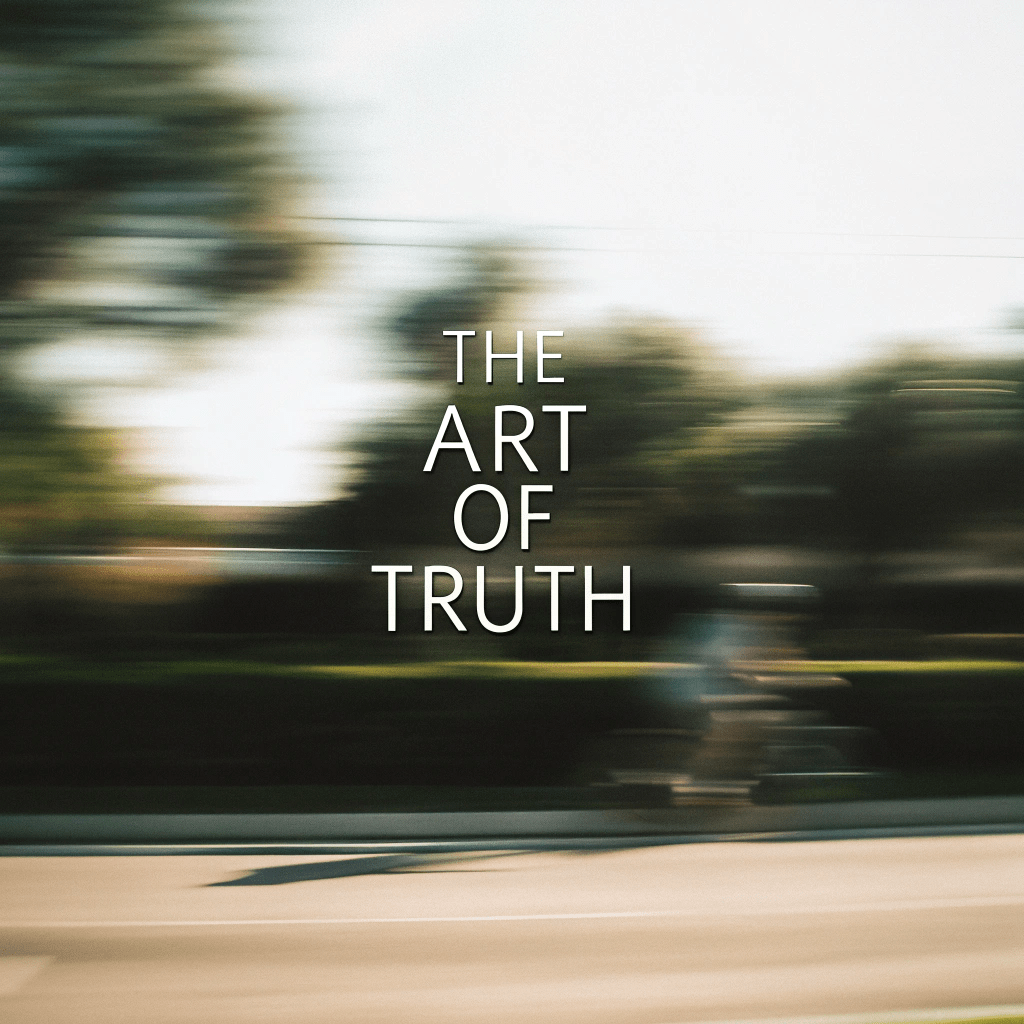The Fine Line Between Truth and Lies
In the current reality, where various types of information flows in a continuous powerful stream, the question of honesty and truthfulness becomes increasingly relevant. Ancient wisdom tells us that truth is not just words, but a way of life that shapes our character and defines our relationships with others. When we contemplate the nature of lies, we discover a whole spectrum of different situations, each requiring special consideration.
The Spiritual Dimension of Truthfulness
Traditional wisdom emphasizes the deep connection between truthfulness and spiritual development. Ancient sages compared the distortion of truth to a departure from true faith, asserting that a person who chooses the path of lies distances themselves from higher ideals. This is particularly eloquently expressed in ancient texts, which emphasize that true righteousness requires not only truthful words but also honesty in one’s most intimate thoughts.
The Diversity of Falsehood and Its Consequences
In today’s world, we encounter various forms of truth distortion. It is particularly important to distinguish several key categories:
Deliberate deception aimed at gaining advantage or causing harm to others represents the most serious violation of ethical norms. This form of lying not only destroys trust between people but also causes deep damage to social relationships.
Self-aggrandizement through lies, even if it seems harmless, gradually destroys a person’s inner core. Exaggerations and embellishments, although they may seem insignificant, create a distorted picture of reality and undermine the foundations of honest communication.
Ethical Dilemmas and Finding Solutions
The question of so-called “white lies” deserves special attention. In situations where truth may cause pain or suffering, many question the permissibility of merciful untruths. The traditional view offers a subtle distinction between direct lies and skillful consolation, emphasizing the importance of finding ways to support others without departing from principles of truthfulness.
The Human Factor and Responsibility for Words
The situation of honest misconception deserves separate consideration. When a person sincerely believes in the truth of their words, even if they are objectively incorrect, this creates a special ethical situation. Here it is important to remember the necessity of careful information verification and responsible attitude towards its transmission. The sages teach us that an attentive listener, striving for accuracy in details, deserves special respect and trust from others.
The Path to True Honesty
In the modern world, where the boundaries between truth and lies often blur, it is especially important to maintain fidelity to principles of honesty. This requires constant self-improvement and careful attention to words and actions. True honesty begins with small things – with the determination to tell the truth in everyday situations, even when it seems disadvantageous or uncomfortable.
The pursuit of truth is not just a moral imperative but also a path to building a more just and harmonious society. Each time we choose truth, we not only strengthen our own character but also contribute to creating a world based on trust and mutual respect. Ultimately, it is honesty and truthfulness that become the foundation upon which genuine human well-being and prosperity are built.



